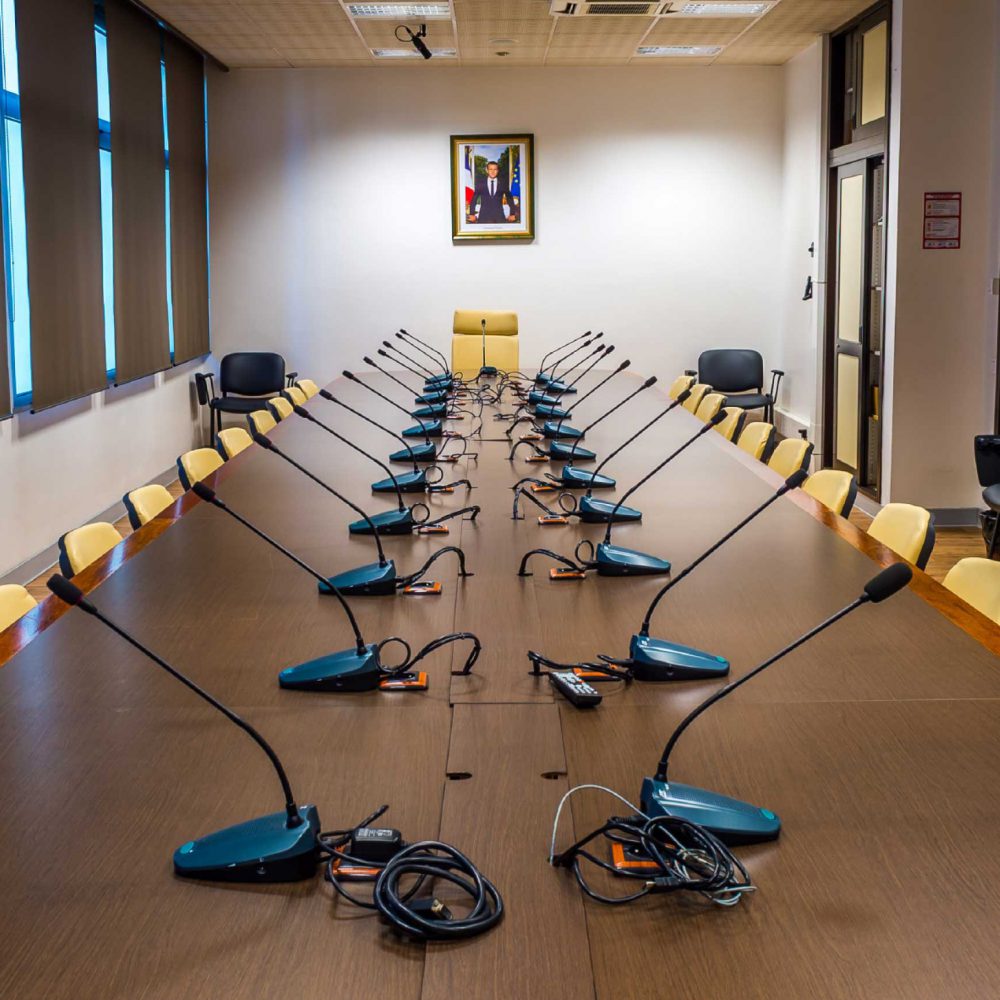 chargement
chargement
 chargement
chargement

Between two ordinary sessions, ie during the recess, Congress may meet:
– for an extraordinary session at the behest of the President of the Government,
the majority of Congress members or the High Commissioner; or
– as a standing committee if its brief is approved.
Organic Act provides that Congress may meet for an extraordinary session convened
by the Speaker at the request of the Government of New Caledonia, the majority of members
or the High Commissioner to discuss matters defined by such authorities.
If an extraordinary session is requested, the Speaker must convene Congress within a
fortnight following the request to discuss the agenda specified in the request, which he or she
cannot amend.
No extraordinary session may exceed one month and the total of extraordinary
sessions held between two ordinary sessions may not exceed two months.
The agenda in an extraordinary session request may not be amended by the
Speaker. Only the authority requesting such a session may do so.
During the recess, ie between the administrative and budget sessions, the standing
committee deals with matters referred to it insofar as it is allowed to do so by its brief as
approved by a majority of Congress members.
It may not, however, discuss country bills or any draft decisions on the budget,
administrative account or taxation. Also excluded from its purview to date are matters that will
or may be devolved to New Caledonia as from 2004.
The standing committee meets:
Notice must be provided three full days prior to the meeting. It includes the agenda and the instruments listed must be attached.
In pursuance of the standing orders, attendance at standing committee meetings is mandatory. If a member is unable to attend, however, he or she may vote by proxy.
The standing orders provides that standing committee meetings shall be open to the public.
Also, members of Congress not serving on the standing committee are entitled to attend its meetings, but may neither have the floor nor vote.
Pursuant to the Organic Act, the standing committee sets its own agenda, but must first include the matters referred to it by the government.
The High Commissioner may request that any matter on which Congress or the standing committee is required to provide advice be included on the agenda. The matter must appear on the agenda of the first session following such a request.
The commission may only meet if the majority its members are present. It decides by majority vote and, in the event of a tie, the chair shall have the casting vote.
A record of proceedings must be kept.
Subject to the provisions of section 84, in the event of an emergency, the standing committee may provide additional appropriations.
Committee chairs and rapporteurs may be called upon to appear with regard to agenda items within their purview.
They may not vote, however.
At each ordinary session of Congress, a report prepared by Congress staff must be presented under the supervision of the standing committee chair on all the committee’s discussions and all proposals deemed relevant.